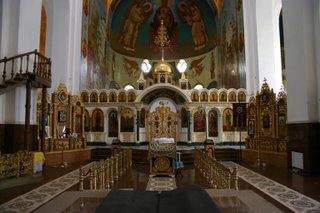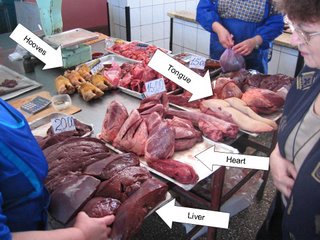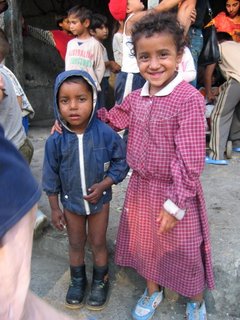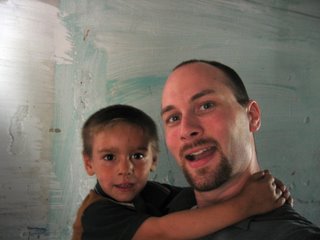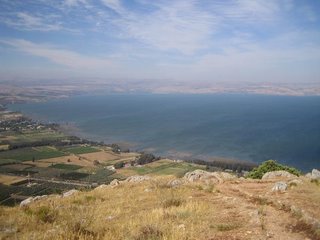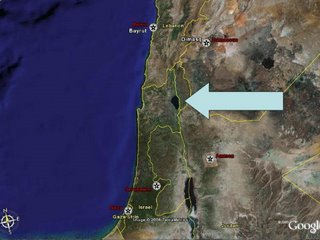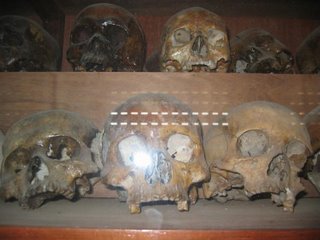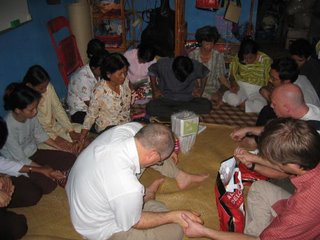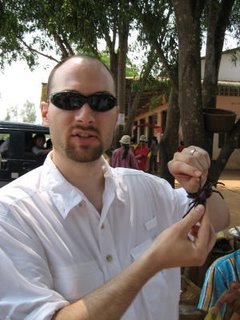
Due to the busyness of my schedule I don’t often get a chance to go to the movies and when I do, I usually go to one that doesn’t require much heavy thinking, as a way to “escape” if you will. This blog is not a source for movie reviews, however it does focus on contemporary apologetics and after watching this movie, it got me thinking about something that I wanted to share with you.
I went and saw “The Guardian” a few days ago. The Guardian (staring Kevin Costner and Ashton Kutcher) is a movie about the United States Coast Guard rescue swimmers. Although the film takes some creative license, these men and women have arguable the most difficult job in the world. When you are far out to sea in the middle of a dangerous storm and your boat is sinking, these men and women risk their own lives, as their motto so clearly states, “So Others May Live.”
So others may live. What a noble concept; sacrificially ending one’s own existence so that someone else can extend theirs. It sounds nice but is it accurate?
Perhaps being accurate isn't the right question. Perhaps a better question would be to ask
“Is believing in the nobility of laying down one’s life so that another can live, consistent with a person’s worldview?”Let me try to unpack that a bit:
As a follower of Jesus Christ, I believe that human beings are valuable because they are made in the image of God (See
Genesis 1:26). Sacrificing one’s own existence for another is noble and virtuous. John 15:13 says
“Greater love has no one than this, that he lay down his life for his friends.”However not everyone can say that. There are many different worldviews and religions that teach many different things. Depending on your specific worldview/religious beliefs will determine whether you truly believe saving another’s life at great personal risk is noble, foolish, or moot.
Consider the following:
Evolution/Naturalism – An evolutionist (or naturalist) believes that mankind exists as the result of pure accident. That protons, neutrons and atoms just happened to combine the right way to create life and over billions of years humans are the latest in a series of life forms. But if you believe in evolution you can’t ascribe worth to a human any more than you can a rock. Neither has more value than the other. Jumping from a helicopter into 20 foot seas to save a person is no more noble than trying to save a piece of granite.
Furthermore, risking your life to save another is contradictory to the “survival of the fittest” philosophy embraced by Charles Darwin. Darwin stated that mankind’s chief end is to survive in order to pass down your genes to the next generation. Those most fit to survive will pass on their genes and those least fit will die off, thereby continuing the evolutionary process. But by risking your life to save someone else, you not only risk removing yourself from the gene pool, but enabling one “less fit” to continue to pass their genes on. Rather than being a righteous action, the rescue swimmer is simply demonstrating his/her own “less fit” status for passing on genes than that of the victim. Saving another’s life at risk to your own is a complete contradiction of Darwin’s philosophy. (To further develop this concept read my post on “What is a Right?” by
Clicking Here).
Hinduism – A Hindu would have a hard time finding the nobility in sacrificing your life because the victim essentially had it coming to them. Hindu’s would argue that the victim’s potential drowning must have been bad karma from his/her previous life. They would say that hopefully in the next life the victim would do better in breaking free from the cycle of reincarnation.
Buddhism – A Buddhist would find no nobility or justification in self-sacrifice because there really isn’t a problem at all. The victim isn’t really drowning and you’re not really there to save them because you, the victim, and the raging seas around you don’t really exist in the first place. You just appear to be a person at a specific point in the cycle towards reaching enlightenment. It's simply an illusion.
Atheism – An atheist would have to find the rescue swimmer foolish to sacrifice his/her life. Since atheists don’t believe in God they can’t justify or attribute any value to human beings, and since they don’t believe in an afterlife, there would be no “reward” in heaven (or paradise etc.) for the foolish actions of the rescue swimmer. Nothing to look forward to but complete nothingness as your body rots away.
When I look at these different worldviews in this situation I find myself struggling with what I know to be true in reality. That deep down in my heart, saving another's life is a good thing. While sitting in that theatre I don’t know how many Buddhists, Hindu’s, Atheists, or Naturalists there were, but I presume there had to be some. However I couldn’t find a single person in that theatre that seemed to be feeling anything less than genuine admiration for the rescue swimmers of the US Coast Guard. Nobody mumbled about “foolish acts for no good reason.” Nobody yelled out that “Nothing that film depicts really existed so what’s the big deal?” Nobody sighed outloud “He must have deserved to drown due to Karma. I’m sure he’ll do better in the next life.”
Not one single person. In actuality it was quite the opposite. I personally believe that’s because deep down in all of our hearts we know that sacrificing our life for another is among the most noble, generous, loving things we can do.
We can make up all kinds of excuses about where we came from, whether we have a second shot at life, or whether we even exist at all, but when it comes time to put our beliefs to the test, all these beliefs will fail, most without even realizing it, because God didn’t create us that way.
God loves mankind so much that he sacrificed his Son for us, and being made in his image and following his example, it is the supreme act of love to do it for another and for that reason alone, do we find self-sacrifice for the benefit of others to be among the most noblest of all deeds.




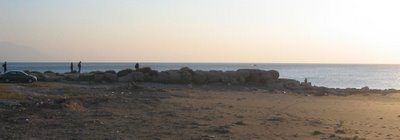
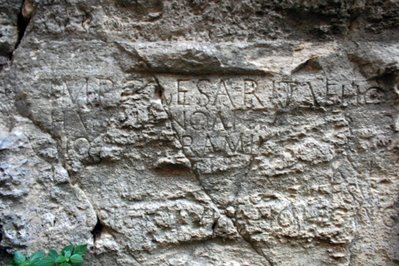




 The Ecumenical Councils took place right here
The Ecumenical Councils took place right here








